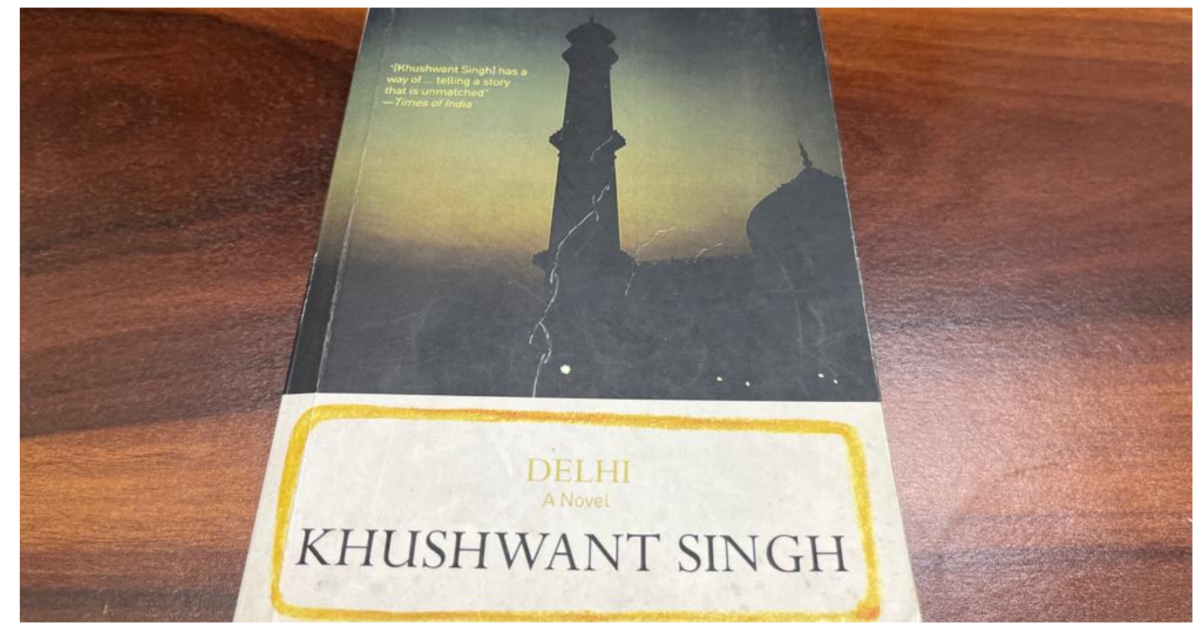Book review | The Angel: The Egyptian Spy Who Saved Israel by Uri Bar-Joseph
One of the biggest mysteries of the Arab world has been the mysterious death of Dr. Ashraf Marwan, a powerful Egyptian official. His main claim to fame was that he was the son-in-law of the late Egyptian President Nasser, a towering personality in Arab world .
Uri Bar-Joseph’s The Angel, which uses Marwan’s Mossad code name for its title, hails him as “one of the most important spies the world has seen”. Bar-Joseph, a professor at the University of Haifa who formerly worked for Israeli intelligence and now is an independent expert on it, makes a convincing case that Marwan not only never misled the Israelis, but was actually astoundingly valuable to them.
Ambitious, devastatingly handsome, arrogant, and opportunist were some traits of Marwan’s enigmatic personality. As Nasser’s son-in-law, he could have touched dizzying heights of power. But honest and upright Nasser made him a small-time desk worker in his administration and berated him for his opportunistic attitude.
It was Marwan’s desire for revenge that led him to become a spy for Mossad, the Israeli intelligence agency. But before he could enter into a formal working relationship with Mossad, Nasser passed away. However, the road had already been charted by young and strong willed Marwan. There was no looking back.
Marwan became a central figure in post-Naseer Egypt as a chief aide to the new President Sadat. This was nothing short of a gold mine for the Israelis. It gave them the perfect source for obtaining information from Egypt, the most powerful Arab nation at the time.
Even after his death, the legend of Ashraf Marwan just doesn’t fade away. He still remains at the centre of bitter controversy. This is mainly because of the October 1973 attack that launched the Yom Kippur War took Israel by surprise. The key question about Marwan is this: Did he give Israel all the information it needed to protect itself? Or was he a double agent, loyal above all else to Egypt, pulling the wool over Israelis’ eyes?
Marwan’s death is also a dramatic turning point in the book. A fatal fall from a fifth-floor apartment in London in 2007 ended the spy’s life. Bar-Joseph weighs the possibility that the Mossad killed its own agent to silence the theory that Egypt assassinated him because he had been ousted as a spy for Israel.
Marwan’s funeral in Cairo was attended by high-level Egyptian officials, which led to speculation that he had been a double agent. But still the possibility of Marwan being liquidated by Egyptian Mukhabarat is not ruled out.
The book is well researched and the writer demonstrates encyclopaedic knowledge of dates, events, and characters involved in the Marwan Saga.
Highly recommended for people who are fascinated by Middle-East politics.
By guest contributor Sachin Arora.




